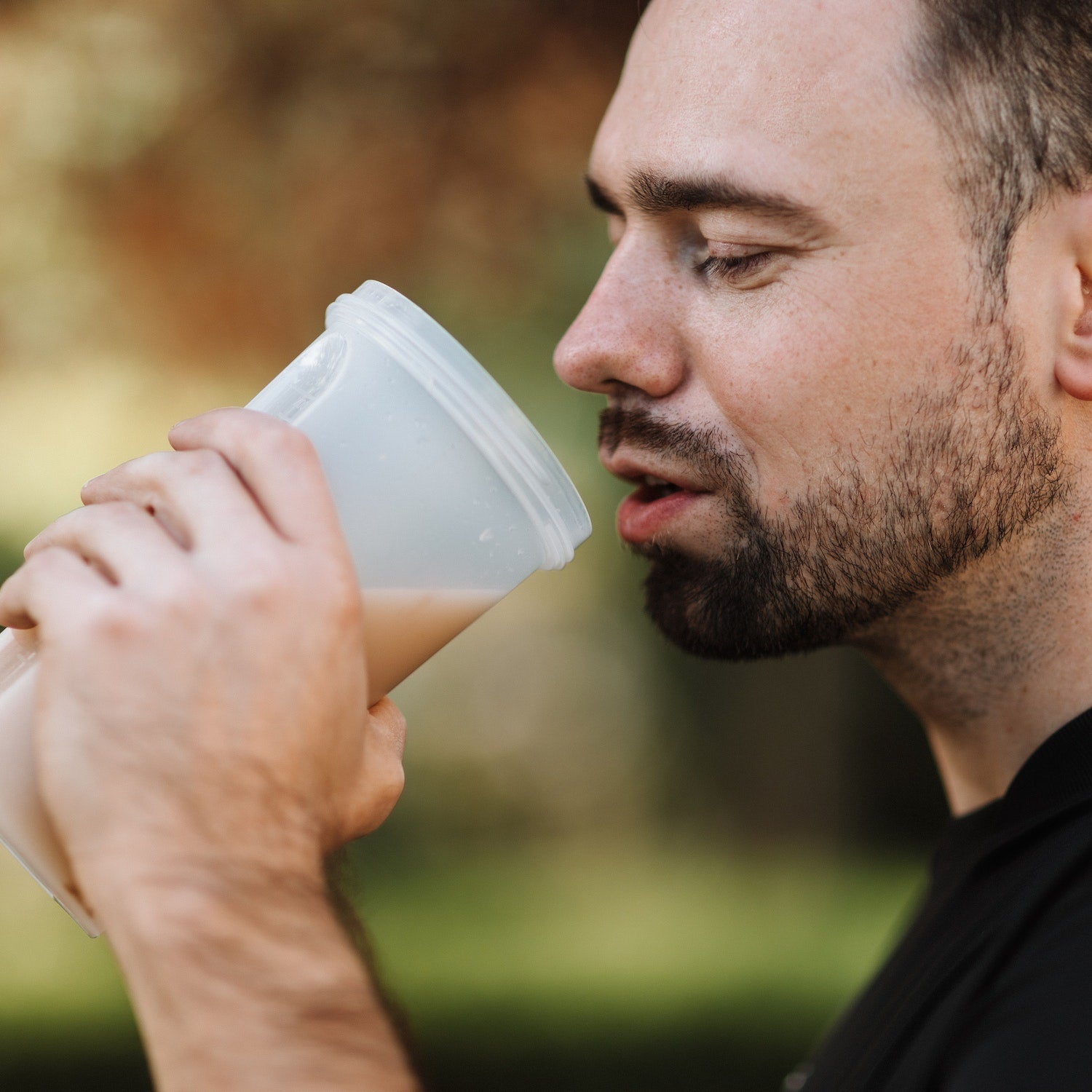
Unlock the Power of Protein for Faster Weight Loss
Lately, it seems like protein has become a buzzword in the world of health and fitness. From bodybuilders to everyday people looking to improve their overall health, there is a growing interest in the benefits of protein consumption. This increased popularity can be attributed to a variety of factors, including the rise of fitness culture and the growing understanding of the importance of nutrition. In this blog, we will take a closer look at the benefits of protein and how it can impact your health and fitness goals. We will also discuss the different sources of protein and the recommended daily intake to help you make informed decisions about your diet.
Protein is a macronutrient that plays a crucial role in maintaining and repairing the body's tissues, muscles, and organs. It is made up of amino acids that are the building blocks of the body. The body requires a steady supply of protein to perform various functions such as supporting healthy skin and hair, producing enzymes, and transporting oxygen in the blood. In terms of fitness and nutrition, protein is especially important for building and repairing muscle tissue. It is essential for muscle recovery after exercise and for building lean muscle mass. Additionally, protein can aid in weight loss and management by helping to increase satiety and reducing hunger levels. Studies have shown that increasing protein intake can also help preserve muscle mass while losing weight, which is important for maintaining a healthy metabolism.
Protein is broken down by enzymes in the digestive system into individual amino acids, which are then absorbed into the bloodstream and used by the body for various functions. Amino acids play a critical role in protein synthesis, which is the process by which the body builds new muscle tissue. There are nine essential amino acids that the body cannot produce on its own and must be obtained through diet. They are Histidine, Isoleucine, Leucine, Lysine, Methionine, Phenylalanine, Threonine, Tryptophan, and Valine.
These amino acids are particularly important for maintaining muscle mass and promoting overall health. The quality of protein sources can vary widely depending on their amino acid composition and how easily the body can digest and absorb them. Bioavailability refers to the extent to which the body can use a particular protein source. Understanding the science behind protein digestion and amino acid utilization can help individuals make informed choices about their protein intake and optimize their health and fitness goals.
There are various sources of protein, including animal-based sources such as meat, fish, eggs, and dairy products, as well as plant-based sources such as beans, legumes, nuts, and grains. Many believe animal-based sources of protein tend to be high in essential amino acids and have a higher bioavailability than plant-based sources. However, plant-based sources can still provide adequate protein intake and have the added benefit of being high in fiber and other nutrients. Additionally, there are various protein supplements available, such as whey protein, casein protein, and plant-based protein powders that can provide a convenient and efficient way to increase protein intake. Whey protein is a popular supplement among athletes and fitness enthusiasts, but plant protein is gaining momentum. Ultimately, the choice of protein sources will depend on individual dietary preferences and requirements, but incorporating a variety of protein sources can help ensure adequate intake of essential amino acids and optimize overall health and fitness.
The daily protein requirements for individuals can vary depending on factors such as age, gender, weight, and activity level. The recommended daily allowance (RDA) for protein is 0.8 grams per kilogram of body weight, but this may not be sufficient for individuals with higher protein needs, such as athletes or those undergoing intense physical activity. Older adults may also require higher protein intake to maintain muscle mass and prevent age-related muscle loss. Now, protein deficiencies can lead to a range of health problems too, such as impaired growth and development in children and muscle atrophy in adults. However, excessive protein intake can also be detrimental to health, particularly for those with pre-existing kidney disease. The recommended upper limit for protein consumption is 2 grams per kilogram of body weight per day. It is important to consume protein in moderation and ensure a balanced diet with a variety of protein sources for peak health and fitness.
In recent years, there has been a growing interest in protein among the general population; specifically, among those interested in health and fitness. The popularity of protein can be seen in trends such as high-protein diets and the widespread availability of protein supplements like protein powders and shakes. High-protein diets, which typically involve a higher intake of animal-based protein sources, have gained popularity for their potential weight loss benefits and muscle-building properties. Protein supplements like protein powders have become a convenient and easy way for individuals to increase their protein intake. While protein is essential for overall health and fitness, there are pros and cons to the current protein craze. On the one hand, increased protein intake can promote muscle growth and aid in weight management. On the other hand, excessive protein intake can be harmful to the body and can cause kidney damage. Additionally, the emphasis on animal-based protein sources in some high-protein diets can lead to environmental and ethical concerns. It is important to approach the protein craze with caution and to maintain a balanced diet that includes a variety of protein sources.
In summary, protein plays a crucial role in overall health and fitness, serving as a building block for muscle tissue and aiding in weight management. While the current protein craze has led to an increased awareness and interest in protein intake, it is important to approach it with caution and maintain a balanced diet that includes a variety of protein sources. This can help ensure adequate intake of essential amino acids best for overall health and fitness. As such, readers are encouraged to prioritize protein in their diets and make informed choices about their protein intake based on individual needs and preferences. By doing so, individuals can reap the benefits of protein while avoiding potential drawbacks and promoting their overall health and wellness.



